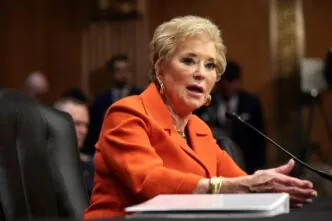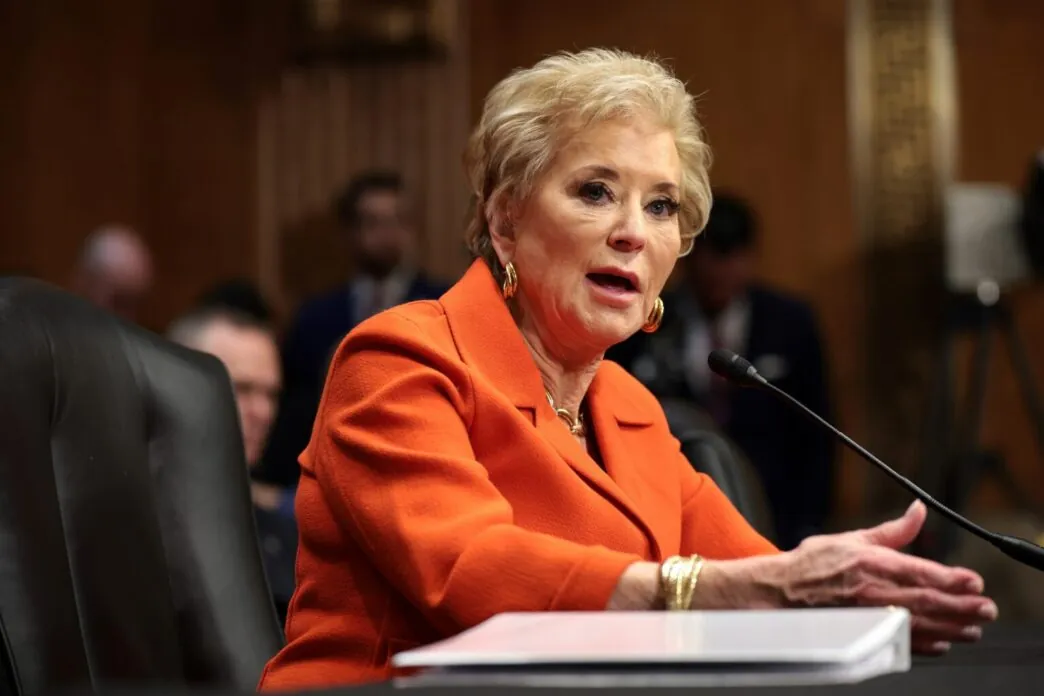On March 28, U.S. Education Secretary Linda McMahon notified state education leaders that they would no longer have an extra year to spend COVID relief funds. Instead, the deadline was abruptly moved up to that same day, causing Michigan schools to lose nearly $42 million in funding.
The funds were earmarked for 27 school districts to improve air quality and safety in response to the COVID-19 pandemic. Michigan State Superintendent Dr. Michael F. Rice criticized the move, stating that rescinding promised funds jeopardizes essential projects.
Schools Face Budget Cuts
Originally, the Biden administration extended the reimbursement deadline to March 2026, allowing schools to complete pre-approved projects. With the sudden cut, Rice warned that districts now locked into contracts may have to reduce instructional spending or dip into savings to cover costs.
“A change in administrations should not void previous commitments,” Rice stated, urging Secretary McMahon to reverse the decision and calling on Michigan’s congressional representatives to intervene.
Hardest-Hit Communities Suffer Most
The funding cuts disproportionately impact communities that endured severe COVID-19 hardships. Flint Community Schools stands to lose $15.6 million, despite the city being among the hardest hit by the pandemic. Other affected districts include:
-
Benton Harbor Area Schools – $4.5 million
-
Hamtramck Public Schools – $7.2 million
-
Pontiac School District – $3.3 million
McMahon Defends Decision
In her letter, McMahon argued that the previous administration’s extension was unjustified, stating that states had “ample” time to seek reimbursement. She added that while states can request individual extensions, approval would be at the Department’s discretion.
Extending deadlines for COVID-related grants “years after the pandemic ended” is not a priority, McMahon wrote, emphasizing that it is not a worthwhile use of taxpayer funds.
Education Leaders Speak Out
State Board of Education President Pamela Pugh condemned the move, calling it an affront to communities in need. Pugh, who served as Flint’s Chief Public Health Advisor during the Flint Water Crisis, noted that the affected districts rely on these projects to keep students and staff safe.
“These federally funded projects are crucial,” Pugh stated. “To revoke approval without notice and force districts to reapply under new criteria is unacceptable and does nothing to serve schoolchildren.”
This Article Includes













